College of College of Graduate Studies
Expanding access to higher education
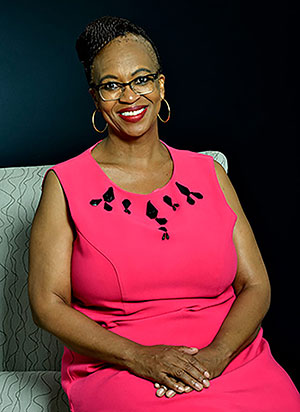
Prof Mpine Makoe of The Institute for Open Distance Learning, College of Graduate Studies
The inaugural lecture of Prof Mpine Makoe, Institute for Open Distance Learning, entitled "Reinvigorating openness: Trends and futures for open education practices", took place on 14 October 2019.
Makoe’s research investigates various open education practices and models that have proved to be efficient in expanding access to higher education. In her lecture, she expressed how the cost of higher education makes it difficult for students to have access to it. She said that if the challenge continues, many people who were previously excluded from higher education would still be marginalised. "It, therefore makes sense to look at new cost-effective methods and new approaches to ensure that people have opportunities to access higher education. Hence, the need to open up education to those who were denied access due to various barriers linked to university requirements and costs," said Makoe.
According to Makoe, almost all institutions that adopted open education principles and practices did so to address the social justice mandate of access to education. She believes that open learning makes education more accessible and affordable by making educational resources available to the user for free. She describes Open Education Resources (OERs) as educational and research materials that are released under an intellectual property licence that allows free use or re-purposing.
Makoe emphasised the idea of opening up education based on the philosophy of "knowledge as a common good" and, therefore, knowledge that has been financially supported by public funds should be made openly accessible to all. She added that openness is about flexible structures that enable access to as many people as possible, using a variety of routes that are informal, formal and non-formal. To ensure that open education practices are mainstreamed in the education system, the Department of Higher Education and Training (DHET) released an Open Learning Policy Framework for Post-school Education and Training to guide the implementation of open learning in the post-school education system.
"Despite the promises of open education, there are still a number of challenges that make things difficult for many open and distance universities in Africa. Many of them do not have policies to guide the implementation of open education and adequate technological infrastructure to fully exploit the potential of open education practices. Currently, challenges confronting open education practices in the country range from lack of empirical studies that focus on the pedagogies, theories and the impact of open education practices in addressing the social justice mandate that comprises of critical factors such as equity, access and the quality of education," said Makoe.
The woman behind the professor:
What is the one movie you loved as a teenager and still love today?
I still love the movie Casablanca. I love old movies because, once upon a time, I wanted to become a film scholar. I also think old movies are clearly defined.
What I also love about the movie is that romantic as it is, you can also analyse gender dynamics within it.
What is your favourite music genre and why?
R&B, Soul and Gospel music are my favourite genres. These genres speak to my spiritual being and for me, Gospel music is a way to communicate with God.
If you had to take a break and get away, what would be your favourite holiday destination?
Jamaica. I have been to different parts of the world but never to Jamaica. However, I studied in New York and there was a place dominated by Jamaicans. When I was there, it felt like a home away from home, and they also had food you couldn’t find anywhere in New York.
What do you love the most about being an academic?
Academics have the power to change the lives of people they interact with. Being in the academic sector, I know how critical education is. It gives us the platform to constantly learn, empower and reflect on the vision (of who) we want to be.
Who do you look up to as a leader and academic in the education sector?
I do not have a specific person that I look up to. What is important is for us to have a clear vision of what we want to become as a democratic South Africa.
If you had to change the current South African system, what would you change?
I would do away with the way matric exams are set, but not the actual assessment. The assessment should be set up in a way that people would know what their competencies are.
* By Nancy Legodi, Acting Journalist: Publications, Department of Institutional Advancement
Publish date: 2019-10-17 00:00:00.0


 Education MEC addresses Unisa autism seminar
Education MEC addresses Unisa autism seminar
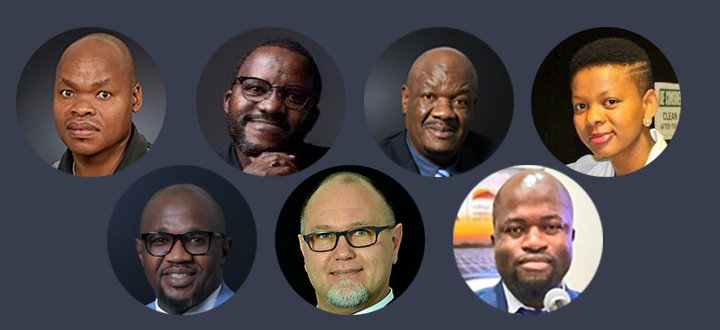 Seven Unisans nominated for the NSTF-South32 Awards 2023/2024
Seven Unisans nominated for the NSTF-South32 Awards 2023/2024
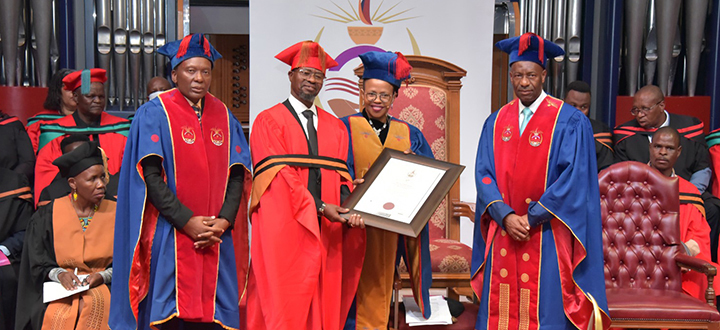 Unisa awards posthumous honorary doctorate to literary maven, OK Matsepe
Unisa awards posthumous honorary doctorate to literary maven, OK Matsepe
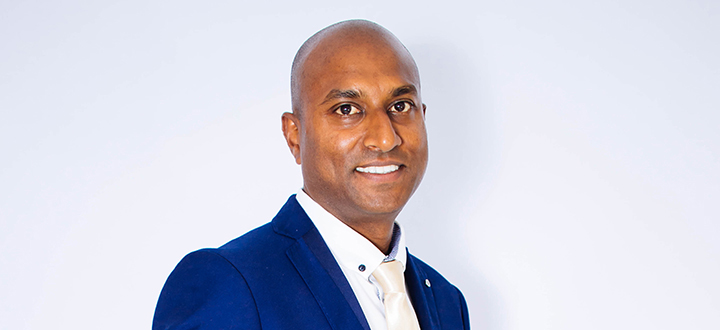 From humble beginnings to academic leadership
From humble beginnings to academic leadership
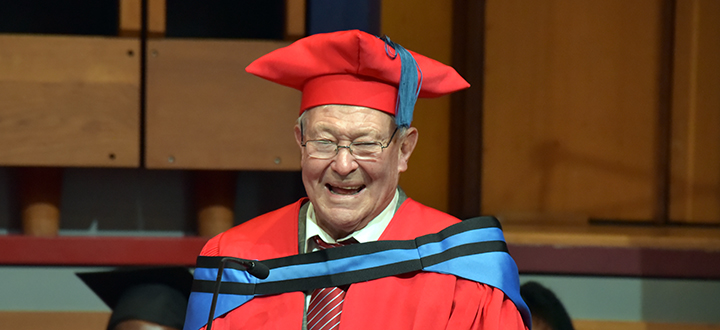 Community champion and agricultural entrepreneur extraordinaire honoured by Unisa
Community champion and agricultural entrepreneur extraordinaire honoured by Unisa